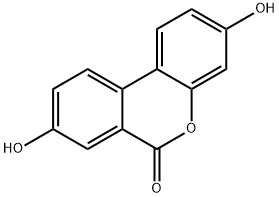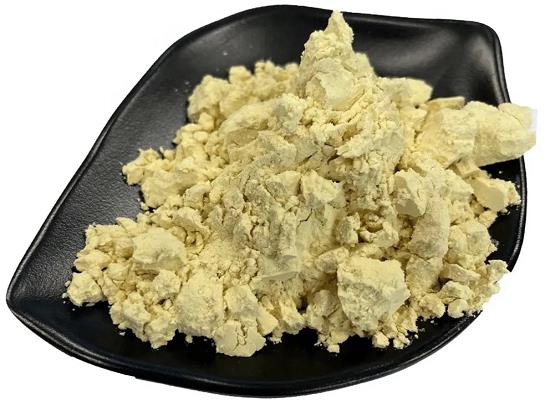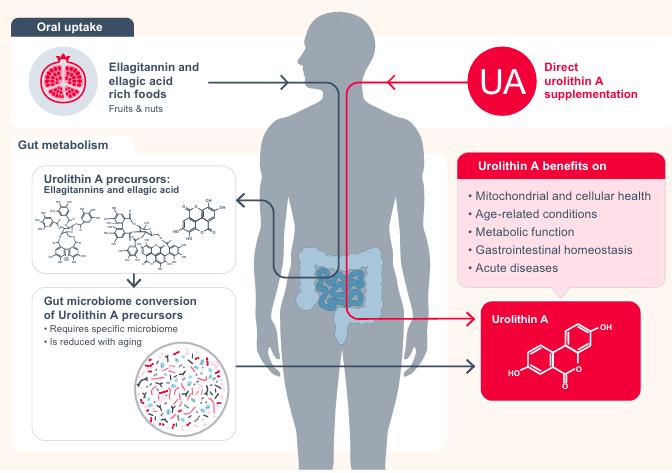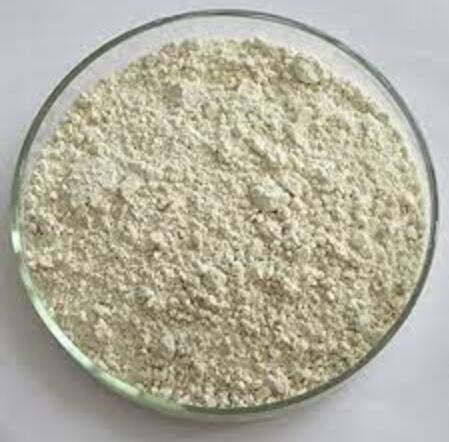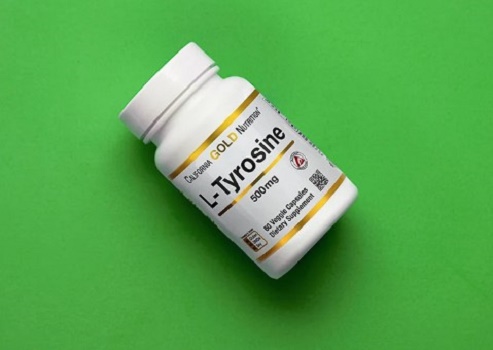Uses of Urolithin A in Different Diseases
Introduction of Urolithin A
Urolithin A (UA) is a metabolite derived from intestinal microorganisms and belongs to the group of polyphenols known as ellagitannins (ETs). Uricetin A has various pharmacological effects such as antioxidant, anti-inflammatory, anti-atherosclerotic, anti-Aβ, anticancer, pro-thyroid phagocytosis, neuroprotective properties and its activation to promote mitosis. It is widely used in the treatment of Alzheimer's disease, cisplatin-induced acute kidney injury, metabolic dysfunction, aging, gastrointestinal protection, and improvement of muscle performance.
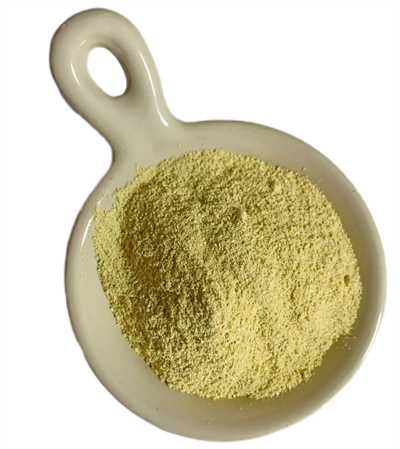
Urolithin A and Alzheimer's Disease
Aging neurodegenerative diseases, including Alzheimer's disease (AD), are characterised by mitochondrial dysfunction, including mitotic defects. In addition to the traditional targeting of amyloid beta (Aβ), the culprit in the Alzheimer's disease brain, other approaches include the study of impaired mitochondrial pathways for potential therapeutic effects on Alzheimer's disease. UA may have multiple therapeutic benefits for Alzheimer's disease such as reduction of BACE1 activity, Aβ fibrillation, ROS damage, inflammation and atherosclerosis, and most importantly that it has the ability to restore/induce mitosis.
Urolithin A and Acute kidney injury
Cisplatin continues to be one frontline cytotoxic drugs. However, cisplatin-induced acute kidney injury (AKI) remains a major unmet medical need without any approved pharmacological interventions. The involvement reactive oxygen species generation activation inflammatory apoptotic pathways in pathogenesis cisplatin-induced AKI prompts use natural anti-inflammatory compounds. In this context, resolution inflammation using natural antioxidant anti-inflammatory such as urolithin A (UA) could prove beneficial. In end, testing such combinations in models to eliminate possibility that UA stimulates tumor growth or compromises potency cisplatin could prove useful for clinical translation adjuvant therapies.
Urolithin A and Metabolic diseases
UA is of increasing interest due to its immunomodulatory properties and therapeutic potential for a variety of metabolic diseases. Recent advances in UA research have suggested that administration of UA may attenuate the inflammatory response in a variety of tissues, including brain, adipose, cardiac, and hepatic tissues, potentially delaying or preventing the onset of Alzheimer's disease, type 2 diabetes mellitus, and NAFLD.
The mechanism of action of UA may be to attenuate these diseases by targeting mitochondrial function, inducing autophagy, and attenuating MAPK/NFB (protein kinase/cytokine regulatory factor) mechanisms of action, attenuates MAPK/NFkB/Akt signalling, as well as reducing ROS and pro-inflammatory cytokines in a variety of tissues.
Urolithin A and Gastrointestinal protection
The multidirectional role of the gut bacterial metabolite UA in the regulation of multiple tumor and inflammatory signaling pathways and the modulation of enzyme activity, including those involved in carcinogen biotransformation and antioxidant defense. These mechanisms have been demonstrated to contribute to the alleviation of inflammation and counteraction of the growth of cancer cells in various structures and organs of GI. Based on the above, UA can be considered as a potential candidate to use as an anti-cancer or antiinflammatory agent in treatment interventions related to GI ailments. Since UA concentrations in human serum and tissues depend on their gut microbial composition, the direct supplementation of UA would overcome the individual variation in microbiota among populations and offer health benefits.
Urolithin A and Muscle performance
Plasma acylcarnitine and C-reactive protein levels of urolitin A were significantly reduced, indicating higher mitochondrial efficiency and reduced inflammation. The expression of proteins associated with mitochondrial autophagy and mitochondrial metabolism was examined in skeletal muscle and A significant increase in urolithin A administration was found. Urolixin A has the benefit of improving muscle performance.
References:
[1] DONA PAMODA W JAYATUNGA. Therapeutic Potential of Mitophagy-Inducing Microflora Metabolite, Urolithin A for Alzheimer's Disease.[J]. Nutrients, 2021. DOI:10.3390/nu13113744.
[2] DAVIDE D’AMICO. Impact of the Natural Compound Urolithin A on Health, Disease, and Aging.[J]. Trends in molecular medicine, 2021: 687-699. DOI:10.1016/j.molmed.2021.04.009.
[3] ASHLEY MULCAHY TONEY. Immunomodulatory Role of Urolithin A on Metabolic Diseases.[J]. Biomedicines, 2021. DOI:10.3390/biomedicines9020192.
[4] MAŁGORZATA KUJAWSKA; Jadwiga J L. Potential of the ellagic acid-derived gut microbiota metabolite - Urolithin A in gastrointestinal protection.[J]. World Journal of Gastroenterology, 2020, 26 23: 3170-3181. DOI:10.3748/wjg.v26.i23.3170.
You may like
Related articles And Qustion
See also
Lastest Price from Urolithin A manufacturers
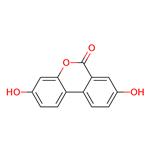
US $1290.00/g2025-11-24
- CAS:
- 1143-70-0
- Min. Order:
- 1g
- Purity:
- 99 %
- Supply Ability:
- 500 Kg

US $299.00/BAG2025-08-13
- CAS:
- 1143-70-0
- Min. Order:
- 1BAG
- Purity:
- 0.99
- Supply Ability:
- 1000KGS
